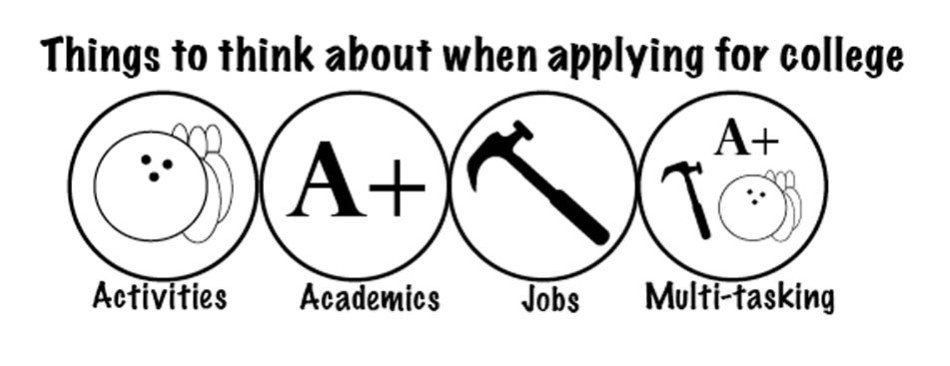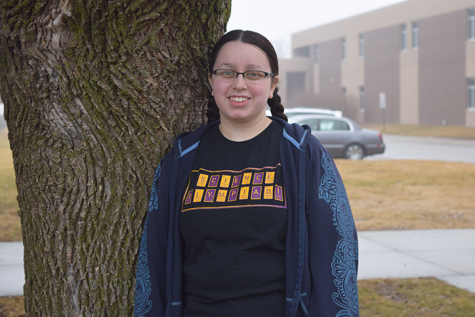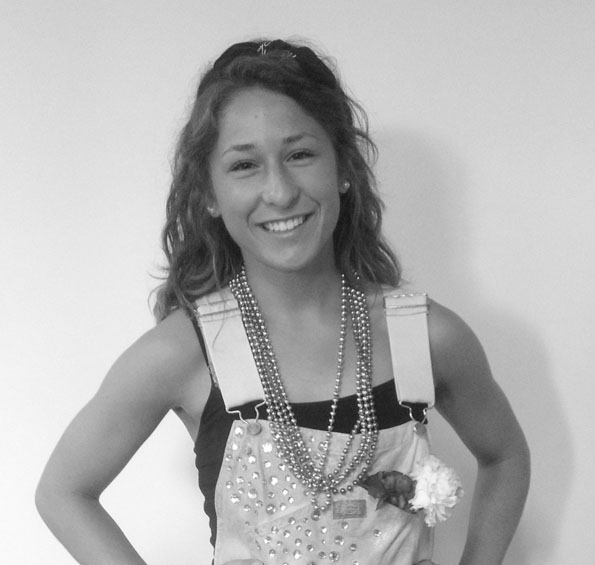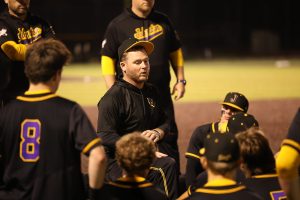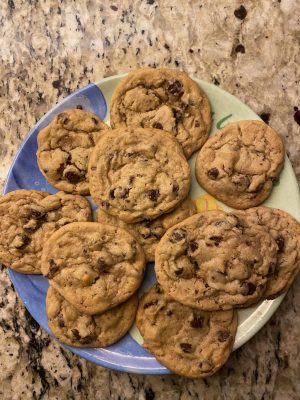Students employed with odd jobs
March 5, 2014
Senior Brandon Gabbert worked with the FDA (Food and Drug Administration) for about a year doing tobacco compliance checks before he turned 18-years-old. “My boss drove me around to different convenience and grocery stores and I had to ask for a certain type of cigarette,” Gabbert said. “I had to be honest with my age. The goal was to not be able to buy anything because I was a minor.” He was always kind of nervous before going in the stores, but he became used to it. “Occasionally a place would sell but for the most part, stores are good about checking IDs,” he said.
When the stores would sell to Gabbert, he and his boss had to report it. “We would both leave the store and sit out in his car and fill out a quick form for that store and move on to the next place,” Gabbert said. “Every once in a while we did a ‘re-check’ and those took considerably longer because if they do sell, then he has to do a full written citation and dozens of pages of paperwork. So I just sat there for an hour doing one re-check.” Gabbert cannot do this job anymore because he turned 18 and it is now legal for him to purchase cigarettes.
Unique jobs with unique experiences can benefit students on college or job applications. Employers and College Admissions Representatives look for how loyal a student is to a job or activity. Unusual jobs can sometimes be interpreted to show that the student is more mature. “Sometimes a more unusual field may show a student’s willingness to step outside the box and try something new,” the Central College Associate Director of Admission Austen Schueler said.
Junior Mike Thiel works outside of the box, for a construction company with his dad. “He brings me along so if the problem ever arises then I can help him when he can’t necessarily do the job himself,” Thiel said. “I’ve helped with the construction of bases of wind turbines.” Wind turbines convert wind energy into electrical energy. Thiel has also worked with drywalling and texturing. Thiel can do most of the work on the job, but sometimes his age dictates what he can and cannot do. “I’m not allowed to work heavy equipment and theres a lot of meticulous work actually doing the texturing that I can’t do because I don’t have the necessary experience for that,” he said.
Junior Sarah Eikenberry worked at a catering company called Taste To Go. “(I could do) mostly everything, like I set up tables and stuff like whether it be at weddings or parties I just set up and then I serve guests and then I get people food or if its a buffet then I just watch the food and then I clean up after so I’m there before it starts and after it ends,” Eikenberry said. Eikenberry believes her experience catering may help her in future jobs. “I guess because I am working with a variety of different people and doing different things and it shows time management and organizational skills and that you work with food and you know not to throw it on the ground, and social skills,” Eikenberry said.
Junior CJ Marx works at Hy-Vee corporate in West Des Moines. Marx works on Saturdays during the school years. She calls produce managers and makes sure their shipments are ready and accurate for Sundays. Her hopes are that this job helps her with future interests, whether that be college or a job. “I can talk to people over the phone and face to face so I think it will help for a college admissions interview and also a future job just as the interview process goes,” Marx said.
Schueler said that it does not hurt to not have a job, but having one benefits you. “Generally we would just like to see consistent employment,” he said. “Essentially an indication that a student started something and stuck with it.” Ordinary jobs for teenagers could help them be admitted into college easier, but unusual jobs stick out from the crowd. “Having a more unusual work history will separate someone from the normalcy we may be used to seeing so in a way, the stranger and more unusual, the more you’ll appear to be different from the masses,” Schueler said.
Schueler noted colleges look for jobs, activities, academics and multi-tasking in applicants. “I personally recommend that students try to be involved in as much as possible without having to sacrifice their academic success,” Schueler said. “This indicates to colleges that you’re able to prioritize your time and multitask in order to accomplish what needs to get done. Having a strong indication of involvement outside the classroom demonstrates that a student is willing to stretch themselves.”


